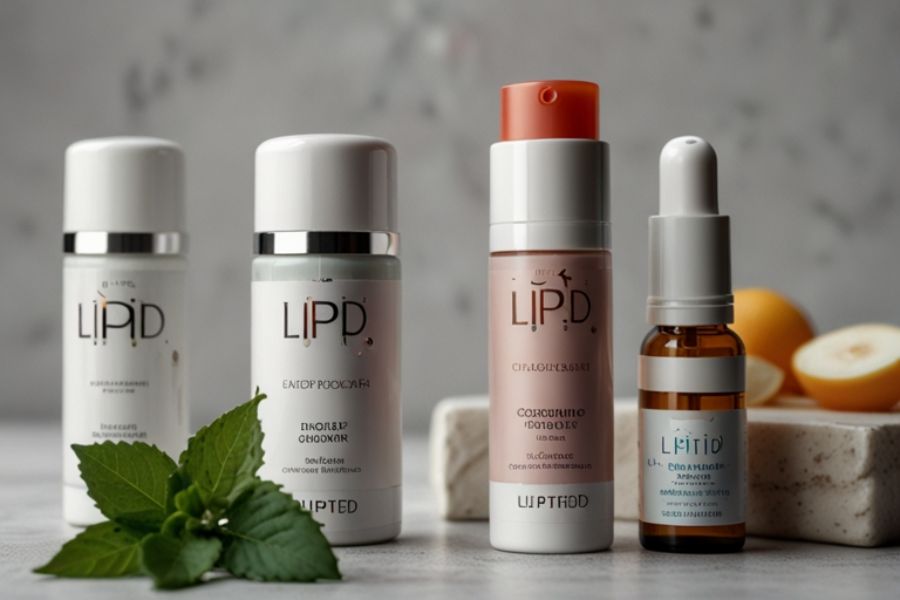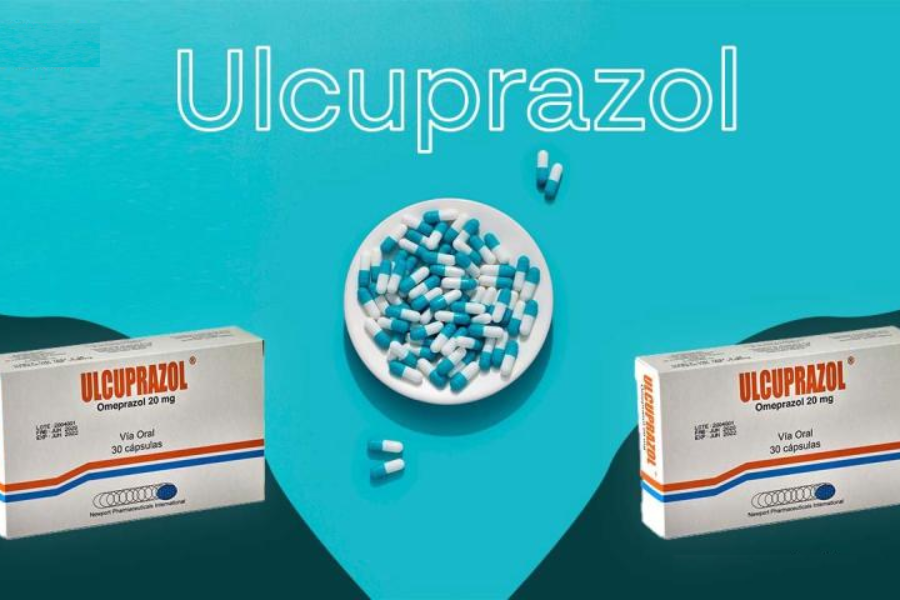In the ever-evolving realm of health and wellness, understanding the building blocks that contribute to our well-being is essential. One such pivotal component is the Liptid, a term that refers to the diverse and essential category of molecules better known as lipids. This guide explores the science of Liptid, shedding light on their types, functions, and their remarkable benefits for health and wellness.
What Are Liptids?
Liptids, more commonly known as lipids, are a diverse group of organic molecules that are crucial for life. These molecules serve as the body’s energy reserves, form the structural framework of cells, and play a role as chemical messengers. From fats and oils to waxes and vitamins, Liptids come in various forms, each with unique functions that support cellular processes, nutrition, and overall health.
Lipids are not merely energy sources; they are integral to maintaining cell membrane integrity, facilitating communication between cells, and regulating countless biological processes. This multifaceted role underscores their importance in both health and wellness.
Types of Liptids and Their Functions
Phospholipids
Structure and Function:
Phospholipids are the backbone of cell membranes. Their structure comprises two fatty acids, a glycerol molecule, and a phosphate group. This composition gives phospholipids both hydrophilic (water-attracting) and hydrophobic (water-repelling) properties.
Role in Cell Membranes:
Phospholipids form a bilayer in cell membranes, creating a selective barrier that regulates the movement of substances in and out of cells. This structural integrity is vital for cellular function and survival.
Triglycerides
Energy Storage:
Triglycerides are the body’s primary energy storage molecules. Made up of three fatty acids attached to a glycerol backbone, they provide more than double the energy per gram compared to carbohydrates.
Sources and Metabolism:
Found in dietary fats such as oils, butter, and fatty foods, triglycerides are broken down by enzymes into fatty acids and glycerol, which the body uses for energy production.
Steroids
Hormonal Roles:
Steroids, a class of lipids, include cholesterol and hormones like testosterone. These molecules regulate critical physiological processes such as metabolism, immune response, and reproduction.
Examples:
Cholesterol is essential for cell membrane stability and serves as a precursor for steroid hormones. Testosterone influences muscle mass, bone density, and reproductive functions.
Waxes
Protective Role:
Waxes are lipids that provide protective barriers. In plants, they prevent water loss and shield against environmental damage, while in animals, they form protective coatings on skin, fur, and feathers.
Key Functions of Liptids
Energy Storage
Lipids are the most efficient energy storage molecules, offering over twice the energy per gram compared to carbohydrates. This high energy density makes Liptids indispensable for long-term energy reserves.
Structural Support
Phospholipids and cholesterol are vital components of cell membranes, providing both structure and fluidity. They maintain the membrane’s integrity and support the movement of molecules in and out of cells.
Signaling Molecules
Lipid-derived molecules, such as steroid hormones, function as signaling agents that regulate biological processes. These signals enable communication between cells and play roles in metabolism, immune response, and growth.
Brain and Heart Health
Lipids are crucial for cardiovascular health and cognitive function. Essential fatty acids, like omega-3s, reduce inflammation, enhance heart health, and support brain development and function.
The Health Benefits of Liptids
Cardiovascular Support
Omega-3 fatty acids found in fish oil, flaxseeds, and walnuts help lower bad cholesterol (LDL) and reduce blood pressure, significantly decreasing the risk of heart disease. These healthy fats are essential for maintaining a healthy cardiovascular system.
Brain Development and Cognitive Health
DHA (Docosahexaenoic Acid), an omega-3 fatty acid, is a major structural component of the brain. It enhances cognitive function and reduces inflammation, which is crucial for overall brain health.
Essential Fatty Acids
Essential fatty acids, including omega-3 and omega-6, are critical for health but cannot be produced by the body. A balanced intake helps reduce inflammation, support skin health, and improve overall well-being.
Nutritional Sources of Liptids
Incorporating healthy sources of Liptid into your diet can profoundly benefit your health. Here are some examples:
- Fatty Fish: Rich in omega-3s, fish like salmon, mackerel, and sardines are excellent for heart and brain health.
- Nuts and Seeds: Walnuts, flaxseeds, and chia seeds are nutrient-dense sources of healthy fats.
- Avocados: A great source of monounsaturated fats that support heart health.
- Olive Oil: Known for its high content of heart-healthy monounsaturated fats, olive oil is a staple in Mediterranean diets.
Pro Tip: Use olive oil for cooking and as a salad dressing to increase your intake of healthy fats. Snack on nuts and seeds for a convenient and nutrient-packed boost.
Liptids in Skincare
Hydration and Barrier Function
Liptids in skincare products help retain moisture by forming a protective barrier. This barrier prevents water loss, keeping the skin hydrated and supple.
Anti-Inflammatory Properties
Certain Liptids have anti-inflammatory effects that soothe irritated skin and reduce redness. They are particularly beneficial for conditions like eczema and psoriasis.
Environmental Protection
Lipids create a barrier against pollutants and environmental stressors, preserving skin integrity and preventing damage.
Youthful Appearance
By maintaining skin elasticity and hydration, Liptids reduce the appearance of wrinkles, keeping the skin youthful and radiant.
Environmental Impact of Liptids
Natural Liptids are biodegradable and environmentally friendly. Unlike synthetic chemicals, they break down naturally, reducing their ecological footprint.
- Ecosystem Support: Liptids are crucial for energy cycles in ecosystems, providing essential nutrients for many organisms.
- Sustainability: Their biodegradable nature makes Liptids a preferred choice in industries like pharmaceuticals and cosmetics.
Liptids in Pharmaceuticals
Enhanced Drug Delivery
Liposomes, made from lipids, are used in drug delivery systems to encapsulate medications, improving their stability and absorption.
Nutrient Absorption
Lipids enhance the bioavailability of fat-soluble vitamins (A, D, E, K) and other nutrients, ensuring effective absorption.
Addressing Common Misconceptions About Liptids
Not All Fats Are Bad
Healthy fats, such as those in nuts and olive oil, are essential for health and do not necessarily lead to weight gain when consumed in moderation.
Eliminating Fats is Harmful
Cutting out all fats can result in nutrient deficiencies and negatively impact overall health. Monounsaturated and polyunsaturated fats should be part of a balanced diet.
Future Research and Innovations
Ongoing studies on Liptids continue to reveal new applications in medicine, nutrition, and skincare. Promising advancements include:
- Improved drug delivery systems using liposomal technology.
- Development of dietary supplements with optimized lipid compositions.
- Innovative skincare products leveraging the protective and regenerative properties of lipids.
Conclusion
Liptids, or lipids, are fundamental to life and well-being. From energy storage and cellular structure to cardiovascular and brain health, their roles are vast and indispensable. By incorporating healthy Liptid sources into your diet and skincare regimen, you can unlock their full potential for optimal health and vitality.
Embrace the power of Liptids to enhance your life—whether through a heart-healthy diet, a radiant skincare routine, or innovative pharmaceutical applications. The future of wellness lies in understanding and utilizing these remarkable molecules to their fullest. Start your journey with Liptids today and experience their transformative impact on your health and well-being.
Unlock the power of guest blogging to grow your brand at MainGuestPost.com.










Leave a Reply